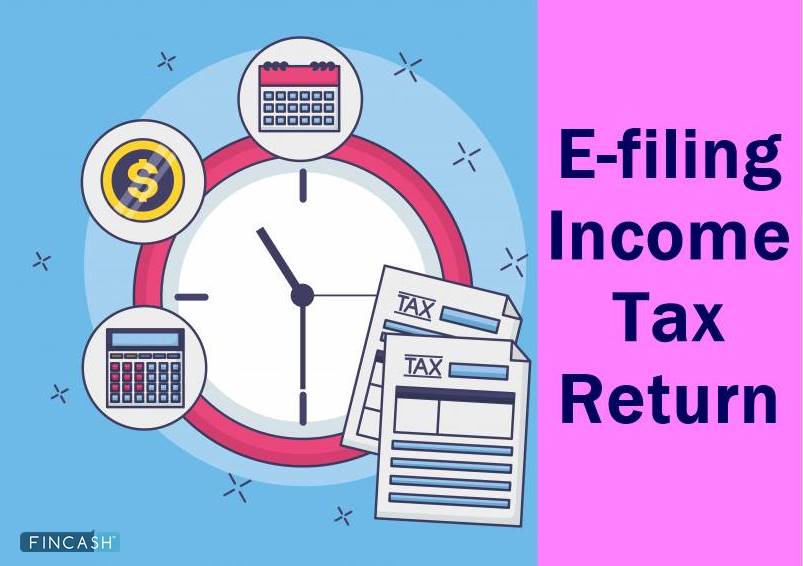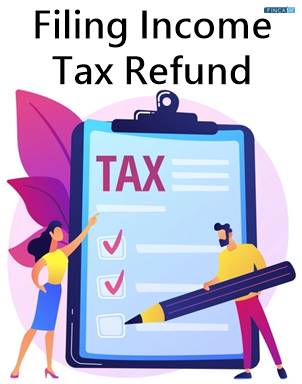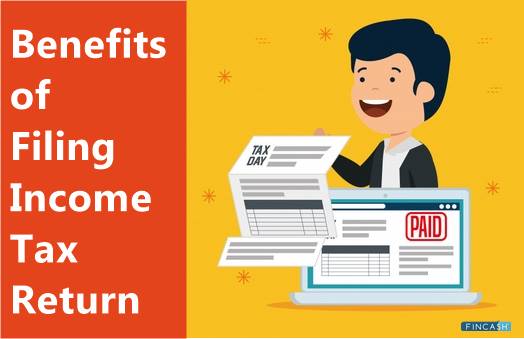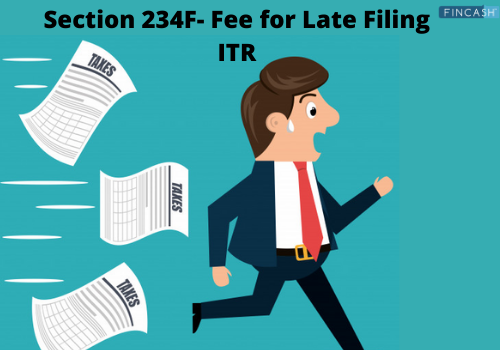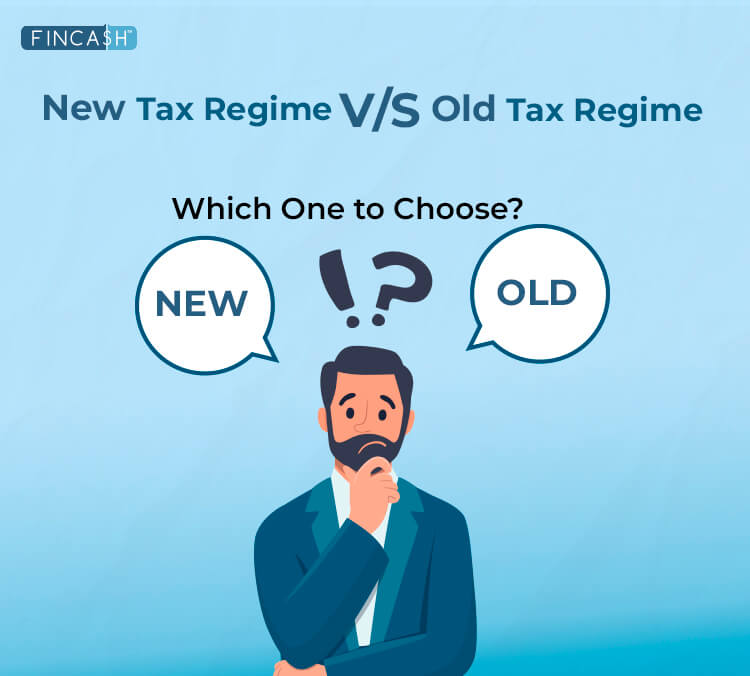
Table of Contents
Income Tax Filing for Freelancers
Nowadays, freelancing is now more fruitful than before. The count of freelancers have also increased in the Market as many people love working remotely. It also gives a bit of flexibility towards work life and personal life. But as per the income tax, just like other salaried or businessmen, freelancers are also liable to pay tax. Here we will discuss the Taxes for freelancers in detail.
Freelancers Claim Deduction for Expenses
Freelancers have an advantage to deduct expenses they incurred from their Income. The expenses could be anything like travelling and so on. The conditions to claim the expenses as a Deduction are as follows:
- The expenses are for the freelancing work
- It is incurred in the tax year
- It is not incurred for any purpose which is an offence or is prohibited by law
Deduction for Freelancers
Rent on Property
If you take any property on rent for your work, then the rent paid can be deducted.
Repairing Cost
If you have made the consent or agreed to repair the rented property, then these repair cost can be deducted. In case you own business property, which is carried out for repairs, this is also allowed for deduction.
Office Expenses
Expenses incurred to carry out any work such as purchasing a printer, office supplies, monthly telephone bills, internet bills, conveyance expenses and so on can be claimed as a deduction.
Travel Expenses
Travel expenses are allowed as deductions if you travel to meet your clients within or outside of India. Meal, entertainment and hospitality expenses can be deducted. Apart from this, local taxes, insurance for your property, domain purchased and apps purchased test are also allowed as a deduction.
Tax Exemptions Under Section 80
There are a lot of benefits and exemptions for the freelancers under Section 80C as follows:
Section 80C
Section 80C offers you a deduction up to Rs 1.5 lakh for investments under insurance policies, provident fund, superannuation, Tuition Fees, construction for your office etc.
Talk to our investment specialist
Section 80CCC
Investments made towards pension plans are allowed as tax deductions. The maximum exemption limit is Rs. 1.5 lakh.
Section 80CCD
Investments made in the Central Government pension schemes are allowed as an exemption under this section. Contributions made by the employer and the taxpayer are exempt from taxation.
Section 80 CCF
Investments made in the infrastructure Bonds are allowed as exemptions. Under Section 80CCF you can get maximum exemption of Rs. 20,000.
Section 80 CCG
Under section 80 CCG you can get the maximum deductions of Rs. 25,000 for the investments made in the government equity schemes.
Section 80D
Expenses made towards the payment of premiums of the health insurance policies are exempted under Section 80D. The freelancer can buy the policy on the name of son, daughter or spouse and can claim as a deduction
Section 80D
It provides deductions for treatment of any disabilities, which may go up to Rs. 1.25 lakh. Section 80D exempts towards the treatment of certain specified ailments.
Section 80E
Loan taken for education purpose is allowed as a deduction under Section 80E.
Section 80EE
This section is for individuals and it exempts the payments made towards a loan for buying property for residential purpose.
Section 80G
This section offers a deduction up to 100% if any donations made to charitable funds including, Prime Minister Relied Fund and the National Defense Funds.
Taxable Income and Payable Tax
An individual can reduce their tax outgo by making full use of deductions under section 80C. You can calculate your Taxable Income by using this method:
Net Taxable Income= Gross Taxable Income- Deductions
You can reduce taxable income up to Rs. 1.5 lakh by claiming the deduction. In case you are aged is below 60 years, then you are liable to pay tax on your income.
If the total income Tax Liability during the financial year exceeds Rs. 10,000, then the taxpayer is required to pay tax every quarter it is called an Advance Tax.
How to Calculate Advance Tax?
- Add your all receipts and total your income
- Subtract expenses related to your work
- Add income from other sources, for instance, house property or Savings Account
- Deduct TDS
Due Date for Advance Tax
Advance tax is paid on a quarterly Basis if your tax liability exceeds Rs. 10,000.
Check the following dates to pay advance tax:
| Due Date | Percentage of tax to be paid |
|---|---|
| Before 15th June | Not less than 15% of advance tax |
| Before 15th September | 30% of total tax payable |
| Before15th December | 60% of the total tax payable |
| Before 15th March | 100% of the total tax payable |
All efforts have been made to ensure the information provided here is accurate. However, no guarantees are made regarding correctness of data. Please verify with scheme information document before making any investment.
